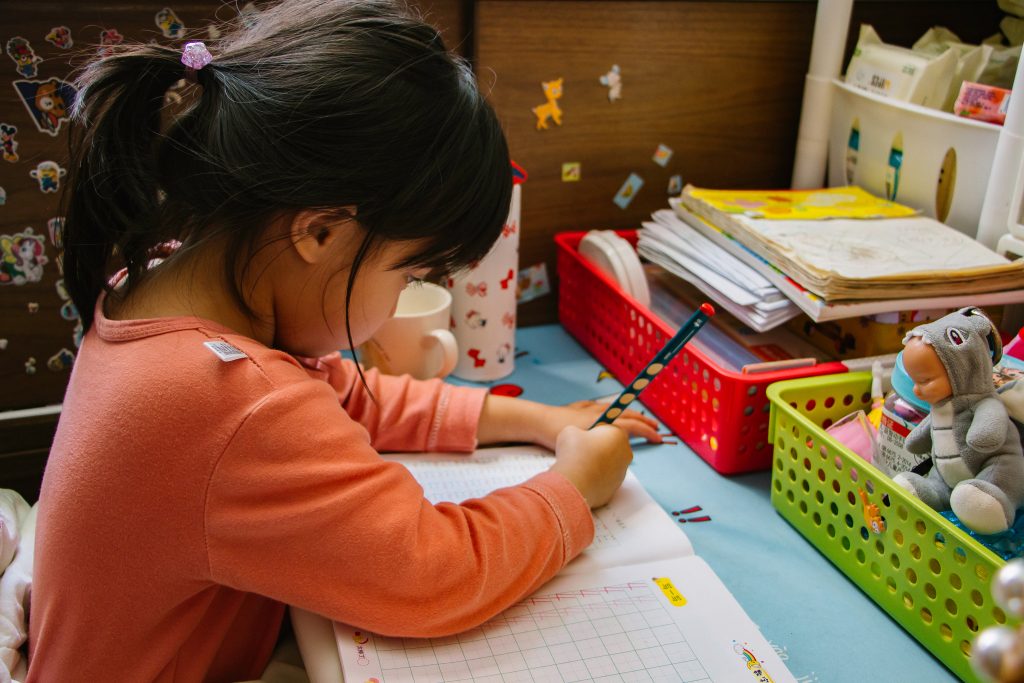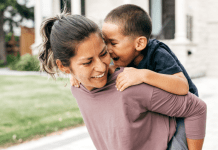Mention the word “kindergarten” to any parent of young children, and they’ll experience a slew of emotions. Some are dreading the day they have to send their baby to kinder, some are excited, some are anxious, and most are a mix of all of these emotions and more. But for a certain segment of parents, UNCERTAINTY is their chief emotion. Each year, many parents are simply unsure if kindergarten is the right next step for their five-year-old.
3 Kindergarten-Readiness Considerations
1. Academic Kindergarten-Readiness Questions
It sounds like a strange question to ask, given that many people believe kindergarten is where a child’s education begins. However, a child’s education actually begins at birth. It is only their academic career that begins in kindergarten.
Academically speaking, when considering kindergarten, ask yourself questions like:
- Does my child know their first and last name?
- Can they recognize their name?
- Do they recognize letters and numbers?
- Can they identify some letter sounds?
- Can they hold a pencil properly?
- Can they draw pictures to explain a story?
Another good measure is to look at the Texas Essential Knowledge and Skills (TEKS) for kindergarten. TEKS are the baseline skills for what students will be taught at each grade level. This will give you an idea of what your student will learn and/or needs to know ahead of time. It also offers tips for how you can support your student in different areas.
It is always a good idea to ask the school you’re considering for their list of kindergarten readiness skills/expectations, as these can vary from school to school.
2. Emotional Kindergarten-Readiness Questions
Some children simply need more time to mature before they are ready to participate in a full-day academic setting. I teach a transitional kindergarten class, and, without fail, in January or February of each year, you can see a marked difference in some of the students.
Seemingly overnight, they blossom from little kids into these independent, kindergarten-ready students. These are the ones who just needed a few extra months to be able to achieve emotional readiness for kindergarten.
I consider “emotional readiness” skills to be:
- Working independently
- Following multi-step directions promptly
- Listening in a classroom setting
- Resolving conflict with classmates in an age-appropriate fashion
3. Physical Kindergarten-Readiness Considerations
I hear all the time from parents who are concerned about their child who has a birthday that falls somewhere between May and August. They’re concerned their child will be the youngest, and likely smallest, in the class.
Some people may not think that holds any significance. But others are looking ahead to junior high and high school, where their child runs a higher risk of being a “late bloomer,” and the impacts that could have on their child’s social life or athletic performance.
But not even looking ahead, some children still have semi-regular bathroom accidents as four- and five-years-olds, some still require more sleep than they can realistically get in a full-day kindergarten class, and some just lack the stamina to keep up with the rigorous day-to-day activities of kindergarten.
Next Steps to Consider
If these three questions have piqued your interest, there are many different readiness checklists you can find to dive deeper and better gauge your child’s readiness for kindergarten—this list is one of my personal favorites.
If you feel like your child might not be ready for kindergarten yet, there are several great alternative kindergarten options to research:
- Transitional kindergarten programs: These have become more widespread over the last several years. The goal of these programs is to offer a bridge year between preschool and kindergarten in order to allow students the additional time to develop maturity and skills to succeed in kindergarten.
- Half-day kindergarten programs
- Traditional preschool
- Homeschool or co-ops
Ultimately, each family has to choose what’s best for each of their children. And any decision made with your child’s best interest in mind is the right one!














